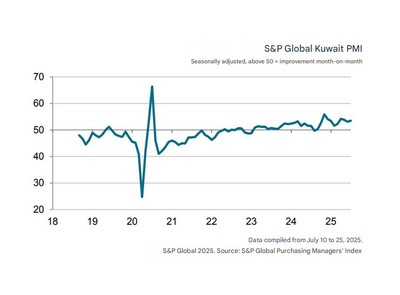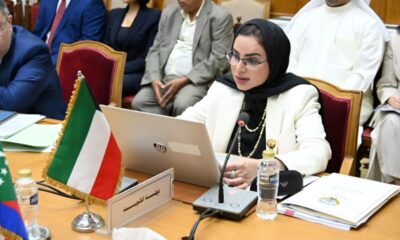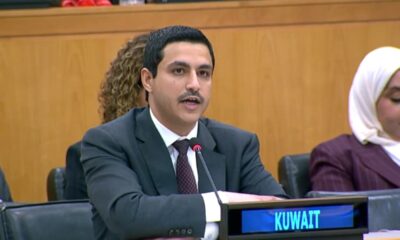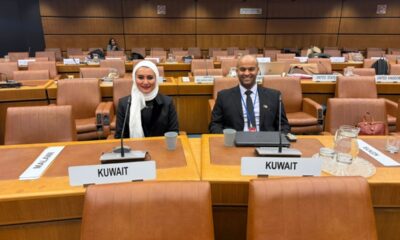KUWAIT CITY, Aug 5: The Purchasing Managers’ Index (PMI) for Kuwait rose to 53.5 in July, up from 53.1 in June, marking a notable improvement in the non-oil private sector’s performance. This increase reflects strengthened business conditions and continued expansion for the 11th consecutive month, according to the latest data released by S&P Global Ratings on Tuesday.
The PMI, a composite indicator tracking the performance of Kuwait’s non-oil private sector, showed that the sector has remained firmly in growth territory throughout July. The improvement was driven by a sharp acceleration in new orders, which helped extend the expansion period that began in February 2023.
The key driver of the recent PMI increase was a significant rise in new orders, signaling that demand for goods and services continues to grow. Despite the surge in new orders, employment levels remained steady, following a record high in the previous month. This stability in workforce numbers was largely attributed to companies’ cautious approach to hiring, with some firms reluctant to take on additional staff due to cost concerns and efforts to complete ongoing projects on time.
While new export orders saw growth, the pace of expansion slowed to a three-month low, with businesses attributing the increase to advertising efforts and price discounts.
Inflationary pressures showed signs of easing at the beginning of the third quarter, which was welcomed by businesses. However, the increase in new orders led to a resurgence in backlogs, as companies struggled to meet demand while maintaining stable staffing levels. Despite the rise in backlogs, the pace of increase remained modest and the weakest observed since January.
In response to heightened competition, many firms were forced to implement price cuts to secure new orders. These efforts helped to contain input costs and limit the extent to which higher costs were passed on to customers.
Looking ahead, companies remained optimistic about future business prospects, with many expecting production to increase over the next year. However, confidence levels in the near term dipped to a three-month low, primarily due to the slow pace of hiring. Firms are focusing on diverse marketing strategies, including the use of digital channels, to maintain their competitive edge and support long-term growth.
Andrew Harker, Director of Economics at S&P Global, commented on the survey results, stating that Kuwait’s non-oil private sector began the second half of 2025 similarly to how it finished the first half, with strong growth in output and new orders. He highlighted that while employment remained largely unchanged, the sector’s continued expansion is promising for future business growth.
Harker also noted that companies were relieved by the easing of inflationary pressures but pointed out that hesitation to hire had led to an increase in backlogs of work. He expressed optimism that the ongoing growth in new business would eventually lead to a renewed hiring trend.
The July PMI results for Kuwait’s non-oil private sector reflect a period of sustained growth, driven by an increase in new orders and overall business activity. While inflationary pressures have eased, challenges remain in terms of staffing and managing backlogs. Looking forward, there is cautious optimism that the sector will continue to expand, with increased hiring expected in the coming months.

 Politics24 hours ago
Politics24 hours ago
 Politics13 hours ago
Politics13 hours ago
 Latest News20 hours ago
Latest News20 hours ago
 Latest News12 hours ago
Latest News12 hours ago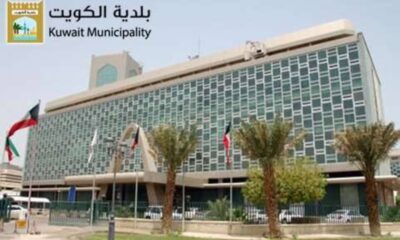
 Latest News23 hours ago
Latest News23 hours ago
 Latest News14 hours ago
Latest News14 hours ago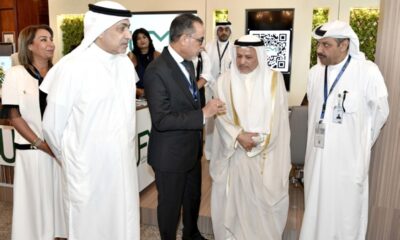
 Latest News22 hours ago
Latest News22 hours ago
 Politics4 hours ago
Politics4 hours ago
